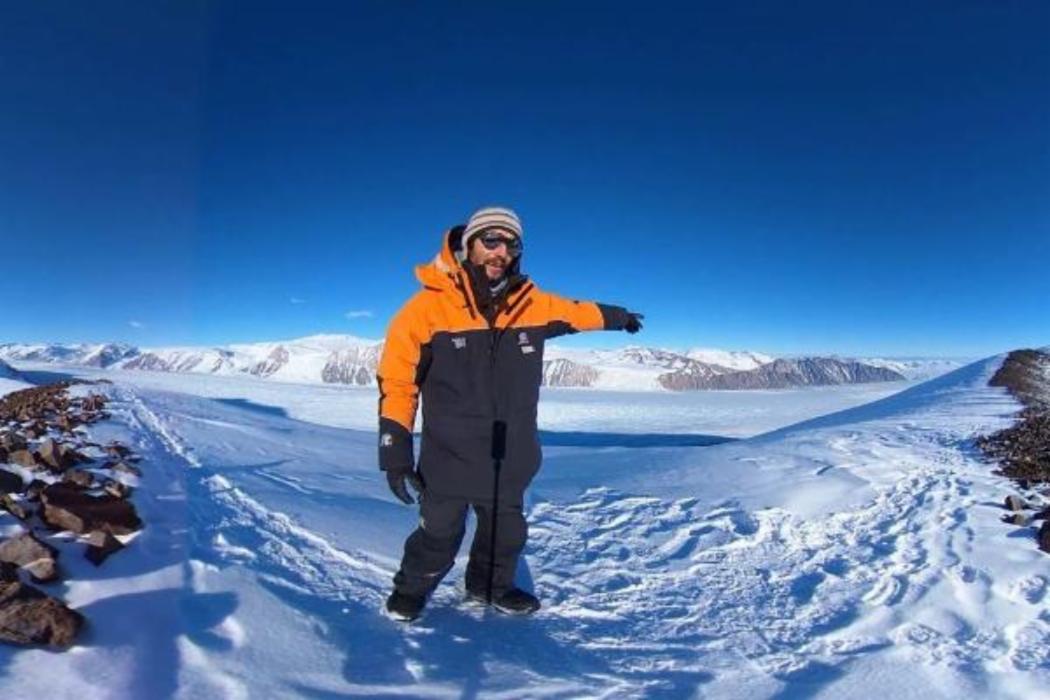The science outreach programme at UC is all about inspiring and supporting future scientists, problem solvers and innovators. Together with teachers and scientists we’re working to enhance science education within schools, give students real world experiences beyond the classroom, and show them the exciting career opportunities on offer in science.
-
Elaine P. Snowden Astronomy School
The Elaine P. Snowden Astronomy School is a programme for Year 13 students who are keen to study Astronomy or Physics at university. Applications have now closed.
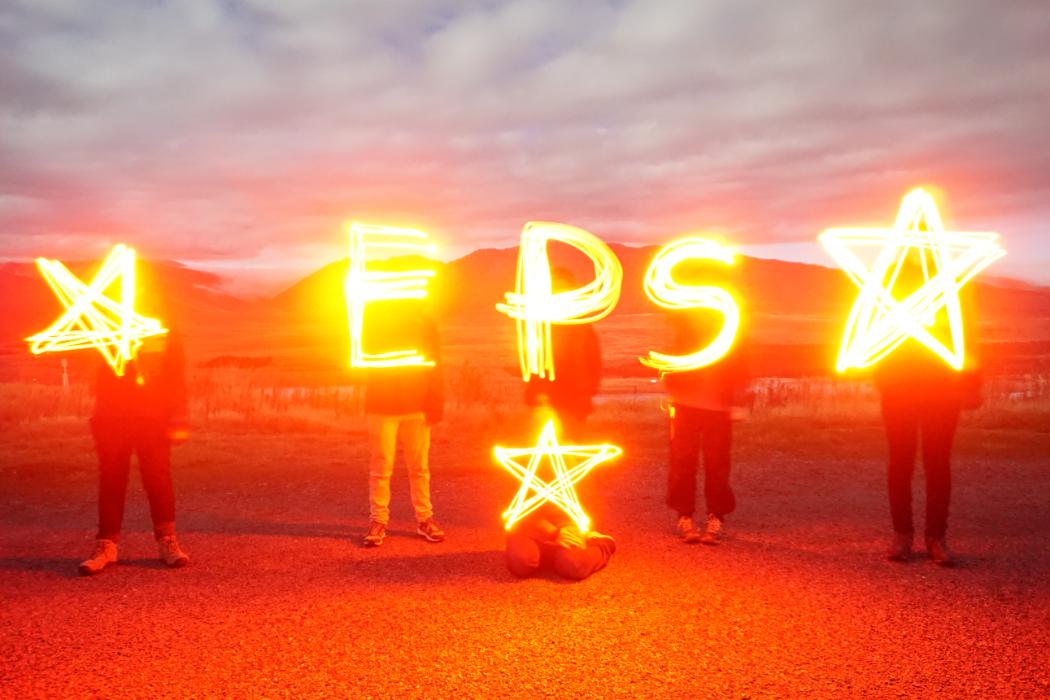
-
Elaine P. Snowden Astronomy School
The Elaine P. Snowden Astronomy School is a programme for Year 13 students who are keen to study Astronomy or Physics at university. Applications have now closed.

-

Elaine P. Snowden Astronomy School
-
UC Science Summer Camp
Are you a Year 12 student interested in studying science at university? The UC Science Summer Camp is a five-day event that gives you a taste of university life and what it's like to study science at UC so you can make informed decisions about your future. Check out the UC Science Summer Camp.
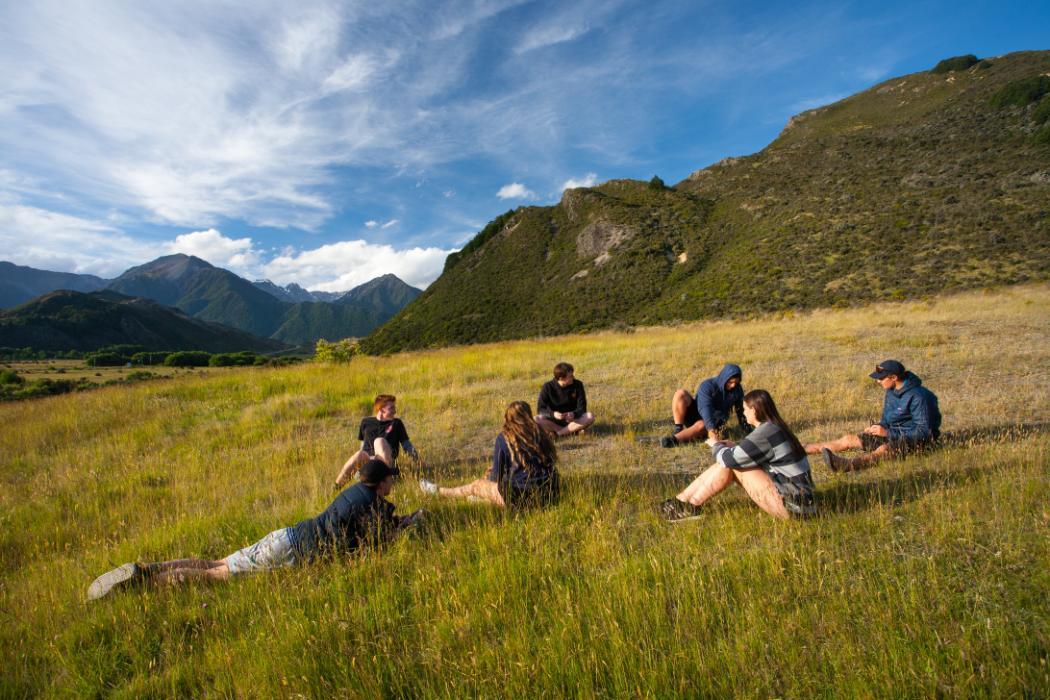
-
UC Science Summer Camp
Are you a Year 12 student interested in studying science at university? The UC Science Summer Camp is a five-day event that gives you a taste of university life and what it's like to study science at UC so you can make informed decisions about your future. Check out the UC Science Summer Camp.

-

UC Science Summer Camp
-
Science Outreach Contacts
There are lots of ways to contact UC about our Science Outreach programme. Meet our team and see where we are on campus.
-
Science Outreach Contacts
There are lots of ways to contact UC about our Science Outreach programme. Meet our team and see where we are on campus.
-
Science Outreach Contacts
-
School Visits
Scientists from various departments in UC's Faculty of Science are available to visit schools in Canterbury and other parts of New Zealand. They can talk on a wide range of scientific subjects, from artificial intelligence and astronomy to climate change and clean energy. Learn more about our school visits.
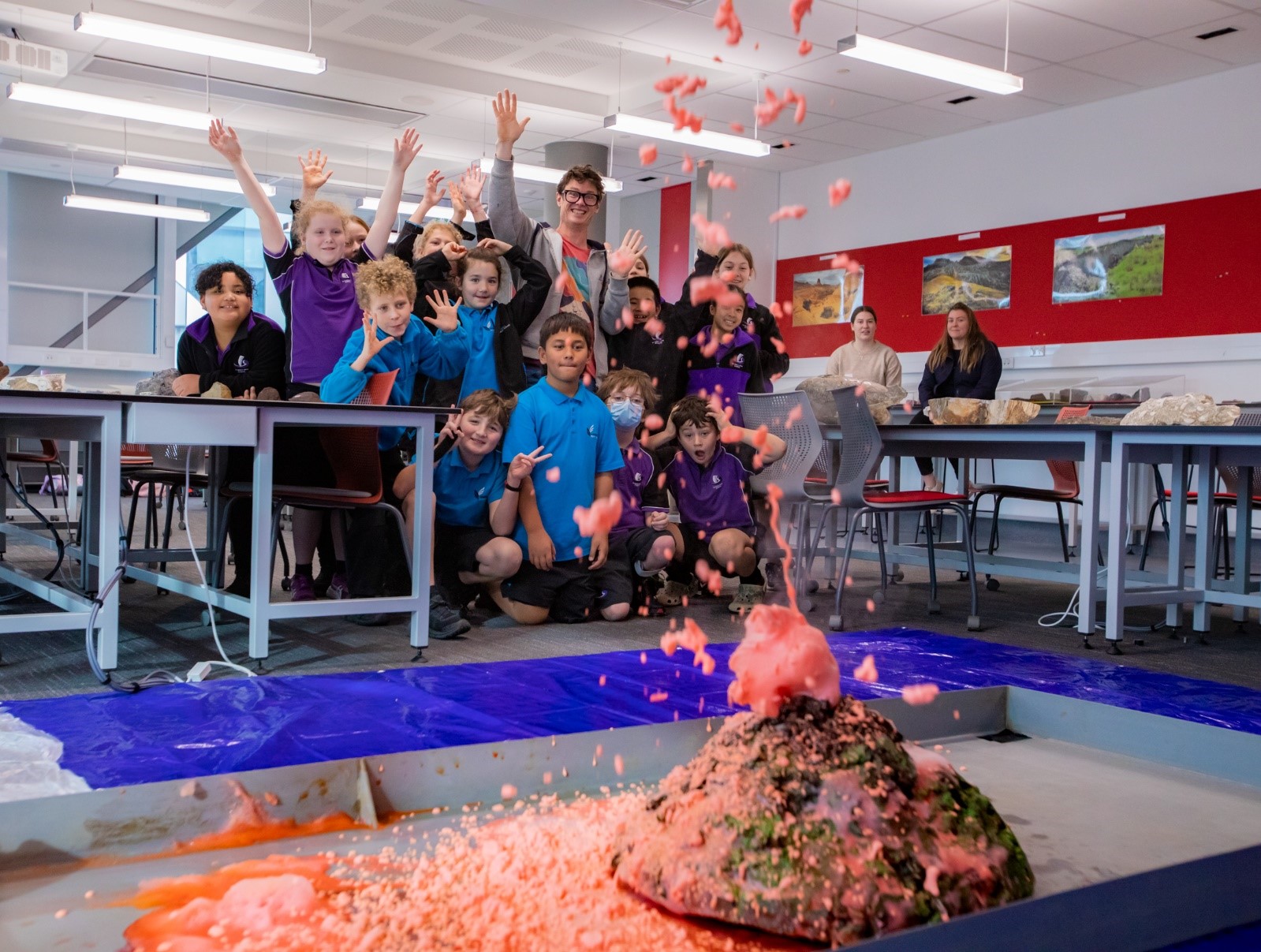
-
School Visits
Scientists from various departments in UC's Faculty of Science are available to visit schools in Canterbury and other parts of New Zealand. They can talk on a wide range of scientific subjects, from artificial intelligence and astronomy to climate change and clean energy. Learn more about our school visits.

-

School Visits
-
Learning Resources
From flyers and posters to videos and worksheets, we have plenty of learning resources available to get students interested in science. Have a look.
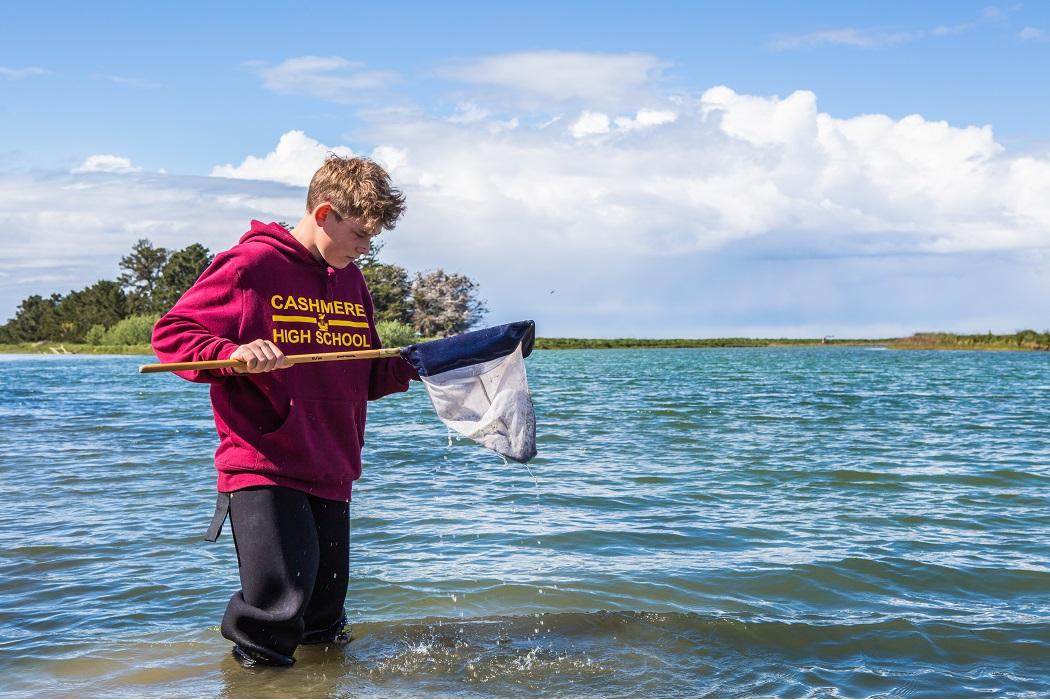
-
Learning Resources
From flyers and posters to videos and worksheets, we have plenty of learning resources available to get students interested in science. Have a look.

-

Learning Resources
-
Key UC Science dates
UC Science hosts several events throughout the year. Have a look and check out the key dates.
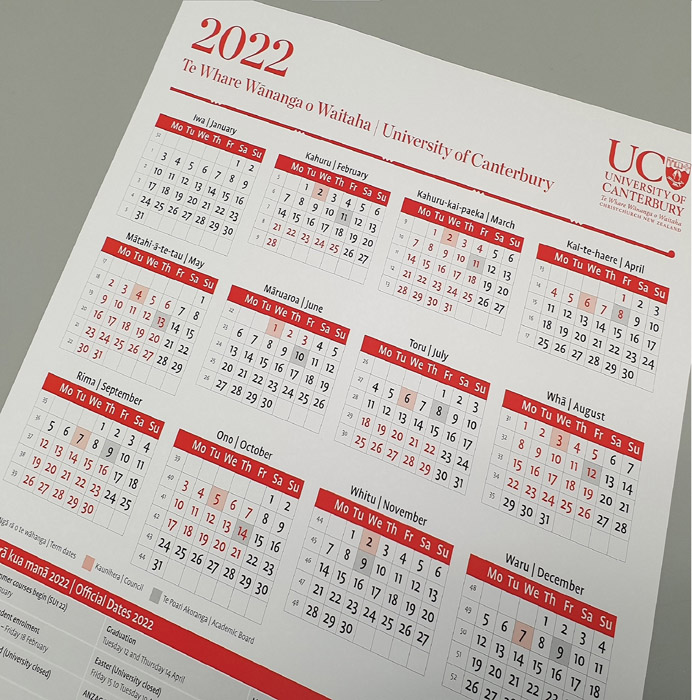
-
Key UC Science dates
UC Science hosts several events throughout the year. Have a look and check out the key dates.

-

Key UC Science dates
-
He Puna Pūtaiao programme
UC's He Puna Pūtaiao is a science outreach programme for Year 10 Māori students from a selection of Christchurch schools. You get to engage in the culture of science and get involved in scientific research. From field trips to lab days, learn more about our He Puna Pūtaiao programme.
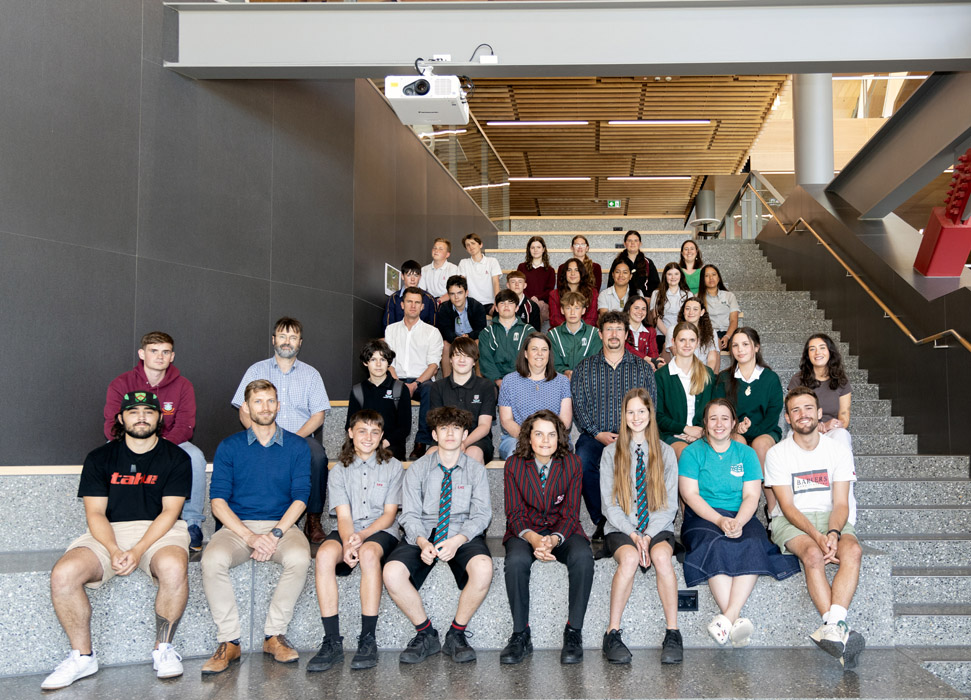
-
He Puna Pūtaiao programme
UC's He Puna Pūtaiao is a science outreach programme for Year 10 Māori students from a selection of Christchurch schools. You get to engage in the culture of science and get involved in scientific research. From field trips to lab days, learn more about our He Puna Pūtaiao programme.

-

He Puna Pūtaiao programme
-
Events
UC Science runs regular outreach events. Keep an eye on this page to learn more, and to stay informed about our upcoming events.
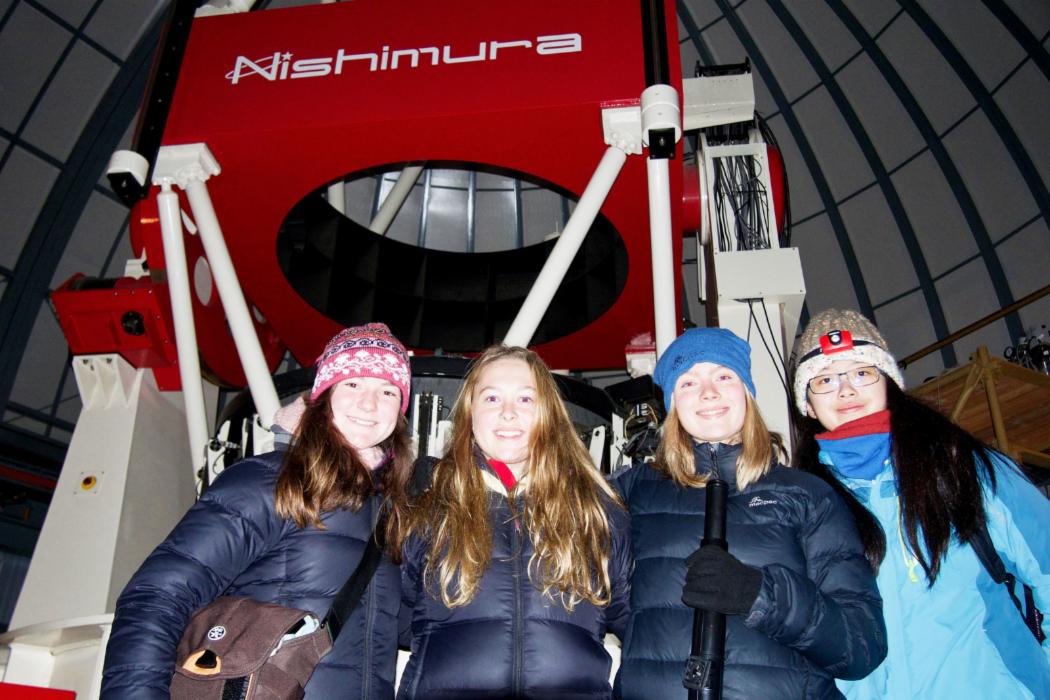
-
Events
UC Science runs regular outreach events. Keep an eye on this page to learn more, and to stay informed about our upcoming events.

-

Events
-
Chemistry Olympiad
The annual Chemistry Olympiad is an international chemistry competition for teams of four young people from around the world. The New Zealand team is selected, trained, and coordinated as a collaboration between universities and high schools. Learn more about the Chemistry Olympiad.
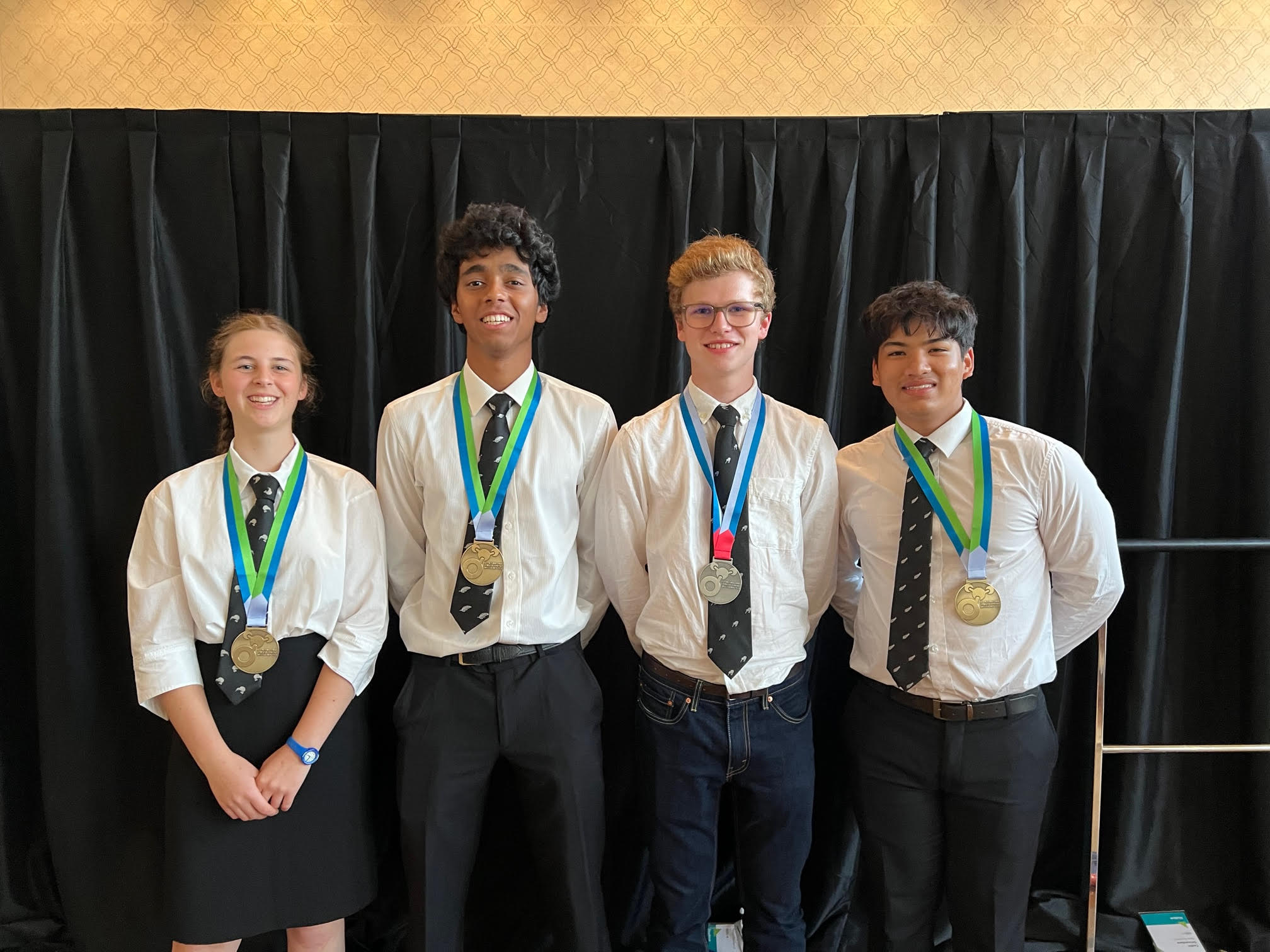
-
Chemistry Olympiad
The annual Chemistry Olympiad is an international chemistry competition for teams of four young people from around the world. The New Zealand team is selected, trained, and coordinated as a collaboration between universities and high schools. Learn more about the Chemistry Olympiad.

-

Chemistry Olympiad
Community Involvement
UC Science news and events
-
Famous Canterbury graduate Ernest Rutherford turns 150
The University of Canterbury is commemorating 150 years since the birth of one of its most famous scientists, academics and alumni, despite the postponement of some of the planned celebratory events due to the Covid-19 lockdown.
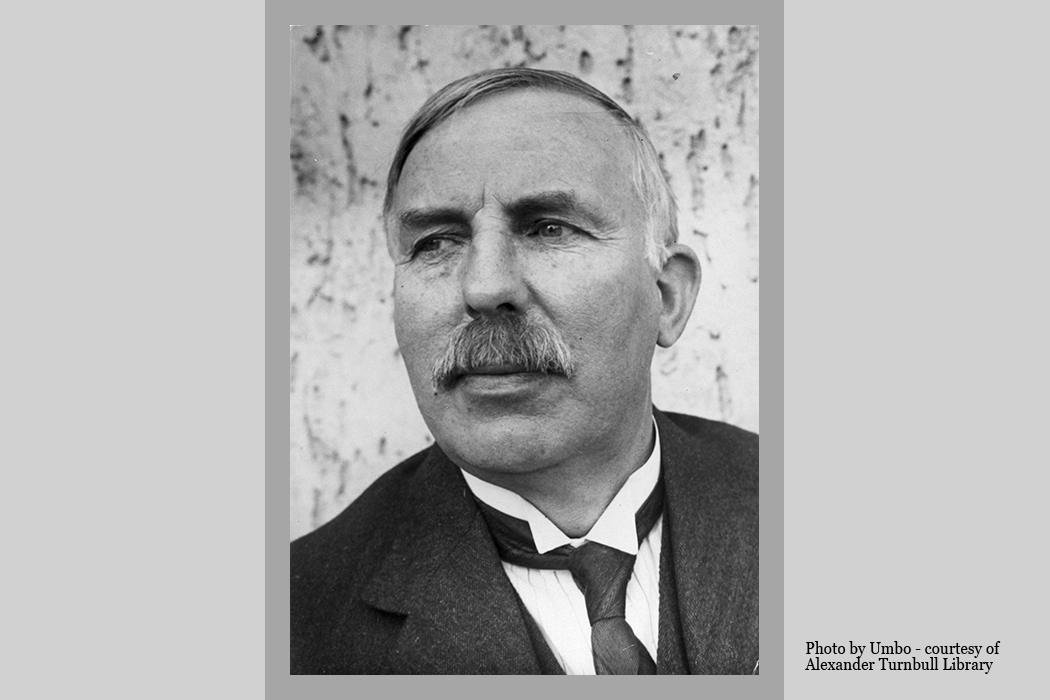
-
Famous Canterbury graduate Ernest Rutherford turns 150
The University of Canterbury is commemorating 150 years since the birth of one of its most famous scientists, academics and alumni, despite the postponement of some of the planned celebratory events due to the Covid-19 lockdown.

-

Famous Canterbury graduate Ernest Rutherford turns 150
-
Events
From seminars and lectures to arts and sporting events there are lots of interesting things happening at UC all the time! See what's on for students, staff, and the public or use the search to find an upcoming event.
-
Events
From seminars and lectures to arts and sporting events there are lots of interesting things happening at UC all the time! See what's on for students, staff, and the public or use the search to find an upcoming event.
-
Events
UC Science Blog
The latest from the University of Canterbury's science labs, field stations and beyond, featuring research insights, expert commentary, outreach updates and more.


